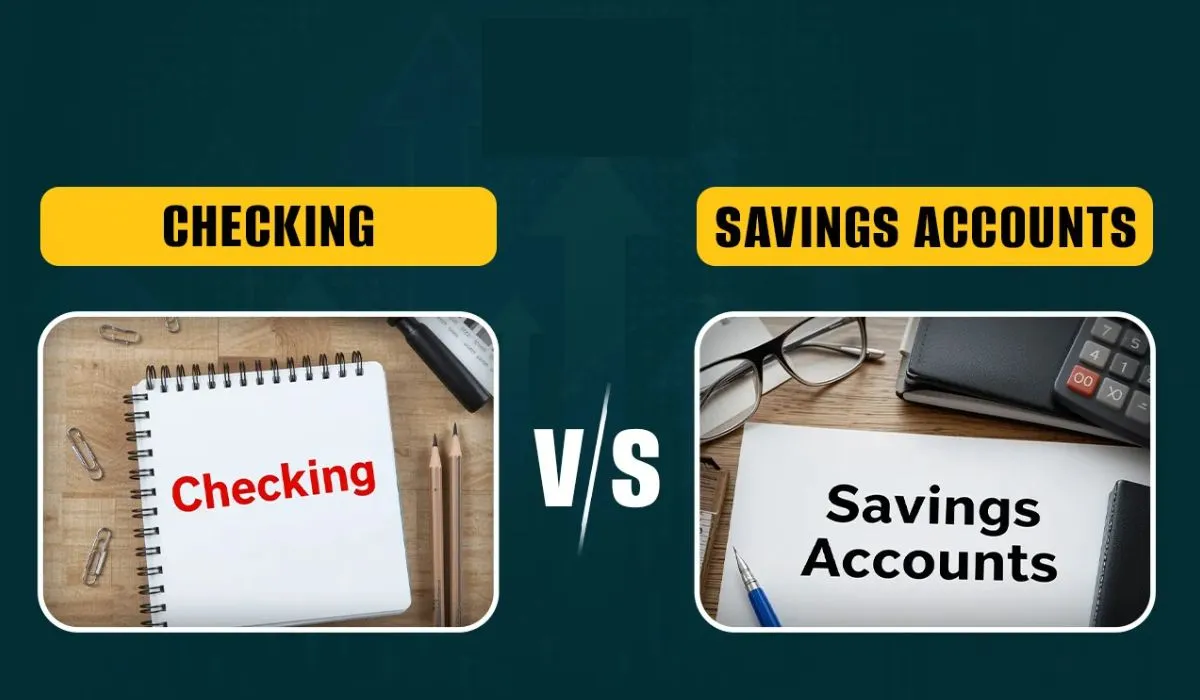The concept of conserving money could seem ridiculous if you make little and you can hardly pay your bills. Why even bother trying to save when your monthly left-over is just $5? Everyone starts somewhere, hence if you work at it, your financial status will probably become better with time. Save money; the work is well worth it. It provides possibilities, peace of mind, and the more you save, the simpler it will be to build on further savings.
Mental Peace Of Mind
Who hasn't laid awake at 3:00 a.m. wondering how they would have paid for something they needed? If money is truly limited, you might be worried how you will pay the rent next week. If you find yourself somewhat higher on the financial ladder, you may be concerned about how many months you could be able to pay the expenses should you lose your work. Later in life, the money concerns that keep you awake at night can revolve on having enough money to retire or paying for your children to attend college.
Long as you are living within your means, your financial concerns should lessen as you build savings. If the first week of the current month already covers your rent, if you know you can survive without work for three to six months, if you have savings accounts for your children's education and your own retirement that you are routinely funding, you will sleep better at night. Having money in the bank releases your energy for additional fun ideas and activities, therefore lowering your stress. Making ensuring the money you do save generates the maximum return depends on choosing the appropriate savings account.
Increased Possibilities

Your personal fate is more under your control the more money you have stored. Even if you don't have a new job lined up yet, you can resign if current work makes you close to a mental breakdown and take time off to recover your sanity before you start looking for new one. You may relocate to a safer neighborhood if you are bored with living in one as you will have enough for a down payment on a nicer house or a deposit on a better apartment.
Though you won't be able to work while you're having treatment, you will have a means to pay for pricey healthcare that your insurance does not cover should you become ill. Even greater peace of mind might come from knowing you have choices given the money you have socked away.
No, every issue cannot be resolved with money. Should you find yourself laid off, it might take two years to land a new employment. Certain diseases won't go away regardless of the number of surgeries you can afford; random crime can occur even in an apparently safe, gated neighborhood. But you increase your chances of success if you have more money in the bank to handle problems like these.
Money Serving You
To make most of our money, most of us labor hundreds of hours annually. Your money begins to work for you, though, when you have saves and arrange your money in the proper areas. As your money works more and more over time, you will need to work less and less until finally you could be able to quit completely.
To have money working for you means what? When you initially start saving, you should place your money somewhere secure where you might quickly retrieve it for unanticipated needs. That implies an online savings account, where you may receive 1% interest yearly and not even keep up with inflation, which usually runs between 1% and 2% annually. On your measly 1% profits, you will even be liable for taxes. Though, not having savings and entering credit card debt will cost you 10% to 30% in interest annually and anything is better than earning 0%. You may also raed this: Saving vs. Investing: Whats the Difference?

You can start saving money in a tax-advantaged retirement account once three to six months of expenditures have been stored in your emergency fund. The magic begins at that point. These stories let you participate in the stock market, including those about a Roth IRA or 401(k.). Along the way, you will not pay any taxes on those investment profits, which will help your money grow even more quickly. Contributions to a Roth IRA are after-tax money; everything in the account following that is yours to keep. With a 401(k), you pay taxes when you withdraw the money in retirement; you receive more money to invest upfront by contributing pre-tax money. You may hedge your bets and help your employer-sponsored retirement plan as well as a Roth IRA if you're not sure whether paying taxes now or later is preferable. Like a 401(k, the third option—a conventional IRA lets you contribute before-tax money.
Should your income be high and your spending be minimal, you may build enough to retire in ten years. For most people, it comes more closely to forty years. Eventually, though, if you save and invest consistently, you ought to be able to live off the income your assets produce—that is, the saved money benefiting you. Starting early gives more time for a little bit of money to multiply into a significant sum.
The Conclusion
Savings of money are quite vital. It provides you peace of mind, increases your choices for choices that significantly impact your quality of life, and finally allows you the choice to retire. Most affluent people arrived via a mix of their own diligence and wise investing and saving choices. You too may join those others.










